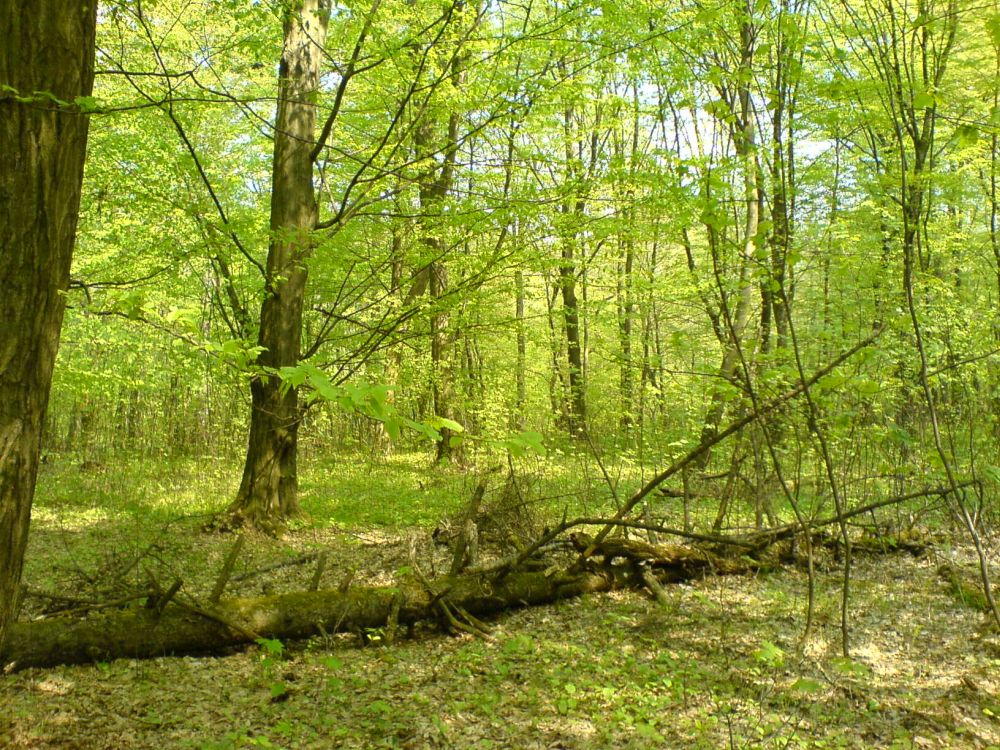
Scotland will soon be starting its tree planting process to reach an ambitious target of planting 15,000ha a year by 2025 thanks to a new streamlined plan.
The increase in Government tree plantings is hoped will help the fight against climate change, as well as create economic growth and protect jobs, mostly in rural areas.
The delivery plan, announced today (10 February) by Rural Economy Secretary Fergus Ewing, contains a package of measures to drive forward and speed up the tree planting process.
During a visit to a recently planted woodland site in West Lothian, Mr Ewing said: “Whilst tree planting has enormous benefits for the economy, it is also very important environmentally - soaking up about 10 million tonnes of CO2 each year. Trees are a win win natural asset for Scotland.”
New approvals
Forestry Commission Scotland has approved 96 woodland proposals, covering 1,300ha of new woodland creation and totalling £5.5 million.
This is the largest area of woodland creation to be approved in a single clearing round since the Forestry Grants Scheme opened in October 2015.
The plan is a direct response to recommendations from Jim Mackinnon CBE, who was commissioned by Scottish Government, to explore the current arrangements for forest planting approval processes.
Defra has also announced the re-opening of the Woodland Creation Grant which offers funding for new woodland that can be shown to provide public benefits. The government and forestry sectors have a shared ambition to achieve 12% woodland cover in England by 2060.
'Important environmental services'
CLA Forestry Adviser Mike Seville said there is an underlying presumption that the primary purpose of rural land is to produce food.
“We want to be much more radical in our approach to developing a new food, farming and environmental policy to replace and better the Common Agricultural Policy (CAP) because we understand the public like the benefits trees bring.
“Woodlands provide a wide range of important environmental services for society such as wildlife habitat, carbon sequestration, soil protection, water quality and flood alleviation.
“A new policy should place greater emphasis on supporting woodland creation and management which gives land managers wishing to take a longer term view on their land use activities a much more profitable and competitive option than is currently available.”
